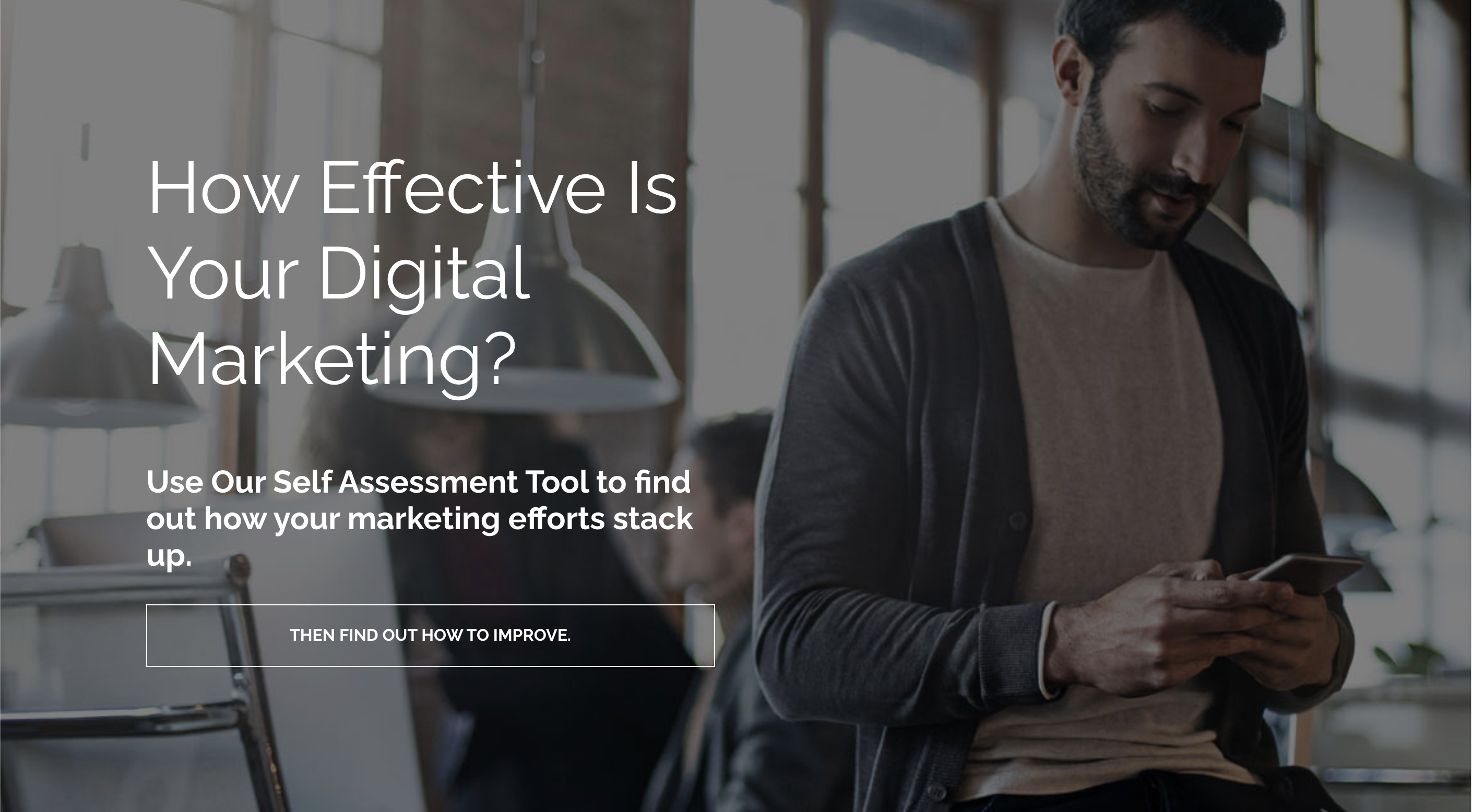
For the first time in twenty years, Google has announced they are doing away with their 3rd party tracking. You may look at this statement and think, “Ah, finally!” Or, you may be reading this and thinking, “Someone explained this exact thing to me once and told me I should care but I forgot why.” Fear not. In this article we’re going to demystify third-party tracking and explain why it’s being replaced, and what this means for advertisers and end-users alike. Let’s go!
What is 3rd party tracking?
To understand 3rd party tracking, you’ll need to know what a cookie is. These are little snippets of data that a website can ask your browser to store for future reference. These little data-biscuits are not inherently malicious. They can make web browsing much more convenient and personalized for users. If you visit a website regularly, cookies can help your browser “learn” what you like, what you’ve read, or what you’ve requested in previous sessions. Fairly innocent. However, cookies have somewhat of a dark side, at least when it comes to user privacy. This comes in the form of cross-site tracking. Many sites use trackers to collect information on your browsing habits to send to other advertisers. This is where the 3rd in 3rd Party comes from. Not much a fun party now, huh? As you browse more and more, this network of trackers can build a detailed profile of your online habits and preferences. They may not know your name, but they certainly know your political preferences, what you’ve been buying, what devices you prefer, and so on. You can see how this has started to creep people out. As advertisers have become increasingly reliant on 3rd party data to deliver personalized content to audiences, the question of user privacy has been pushed onto the debate stage. Some companies have already taken a public stand against cross-site tracking. Apple, for example, disabled cross-site tracking for their Safari browser last year. Other companies, like Facebook, have come under fire for selling user data without consent. It’s during this contentious stage that Google has decided to pull the plug on 3rd party data.
What does this mean for users?
So, you’re probably wondering what this change will mean for you or your site users. To be honest, end-users probably won’t notice anything amiss once the change happens, at least not right away. Google’s not reinventing the digital advertising wheel, they’re simply changing the rules on how their advertisers are able to collect data. The largest practical effect might be a drop-off in targeted ads. I’m sure you’ve had an experience where you’ve read about a new product online and then suddenly see ads popping up all over the web for it. This phenomenon could become a thing of the past if websites are restricted from sharing your data with other companies. You may also be invited to consent to track on more sites and apps, similar to the annoying popup you’ve seen on just about every site letting you know the site uses cookies.
What does this mean for advertisers?
Advertisers will have to change their methods, no doubt. Collection of 1st party data – i.e. user information gathered via their own marketing efforts – is going to be more valuable than ever. Companies will need to step up and start getting active consent from their prospects for targeted ads. We may also see a push to more traditional advertising methods for companies accustomed to fully digital marketing spend. It’s also possible advertisers will have found an equally invasive workaround.
While we won’t know the exact implications of this change until some time has passed, I think it’s safe to say that this change is probably a good one for all parties involved. Advertisers will need to strengthen their first-party efforts and develop trust-based relationships with their users. Users, of course, are going to have more control over who has their information – something I think everyone will appreciate.

